labrat
40 Cal
Does fancy curly maple need to be sanded perfectly smooth? I keep sanding and it seems that I can still feel the grain surface. any help would be appreciated.........Labrat

Feeling the grain is normal. I use 320 grit wet/dry sand paper. What you want to look for is any file or scraping marks that is easily missed. Whiskering off does help. I also have deer antler tips that work on spots that I may have missed. Review dave_person Kibler build on the stain he uses for highlighting, I believe he used a yellow color to highlight with.Does fancy curly maple need to be sanded perfectly smooth? I keep sanding and it seems that I can still feel the grain surface. any help would be appreciated.........Labrat
I would like to amend this post. I stand corrected by Dave P. Sawdust is not good for Maple! I had thought otherwise, until his reply below me.(5:53) Forgive my miss direction!Does fancy curly maple need to be sanded perfectly smooth? I keep sanding and it seems that I can still feel the grain surface. any help would be appreciated.........Labrat
Does fancy curly maple need to be sanded perfectly smooth? I keep sanding and it seems that I can still feel the grain surface. any help would be appreciated.........Labrat
Hi,
In my opinion a slight texture in figured maple looks better than a glass smooth stock. Sanding with a block will remove the ripples but many new builders sand way too much and the guns look it. Edges get rounded over, details lost, and if there are incised lines, they start to get dished out becoming wide "V" grooves rather than sharp crisp lines. I buy cheap carpet scraping blades from the hardware store and scrape maple stocks to reduce any sanding that I do. I urge you not to use sawdust filler on maple. There is no need and it will obscure some of the figure by reducing the penetration of the finish. into the softer wood. Steel wool is fine but if you stain with an acid-based stain like ferric nitrate, you may end up with dark flecks in the wood from steel wool fibers caught in the wood. Maroon and gray Scotch Bright pads are better because they don't shed fiber.
dave
I agree. It gives it character.Hi,
In my opinion a slight texture in figured maple looks better than a glass smooth stock. Sanding with a block will remove the ripples but many new builders sand way too much and the guns look it. Edges get rounded over, details lost, and if there are incised lines, they start to get dished out becoming wide "V" grooves rather than sharp crisp lines. I buy cheap carpet scraping blades from the hardware store and scrape maple stocks to reduce any sanding that I do. I urge you not to use sawdust filler on maple. There is no need and it will obscure some of the figure by reducing the penetration of the finish. into the softer wood. Steel wool is fine but if you stain with an acid-based stain like ferric nitrate, you may end up with dark flecks in the wood from steel wool fibers caught in the wood. Maroon and gray Scotch Bright pads are better because they don't shed fiber.
dave
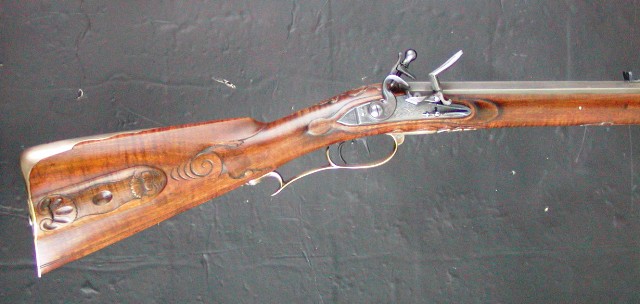
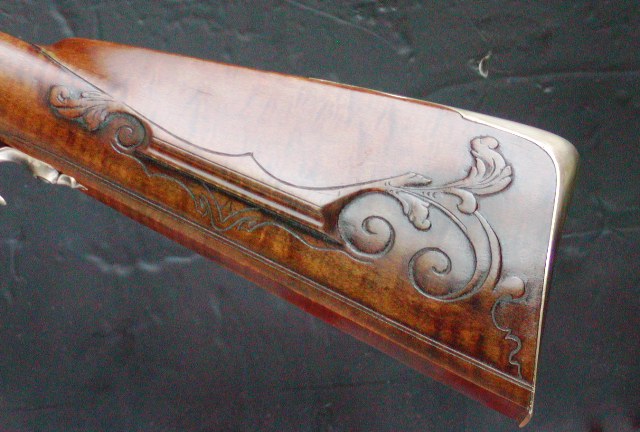
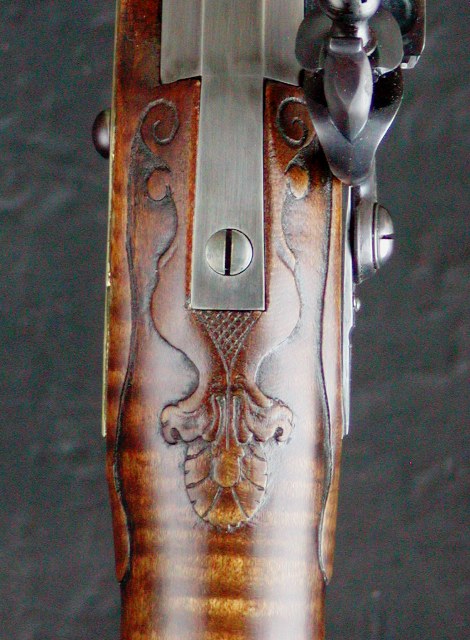
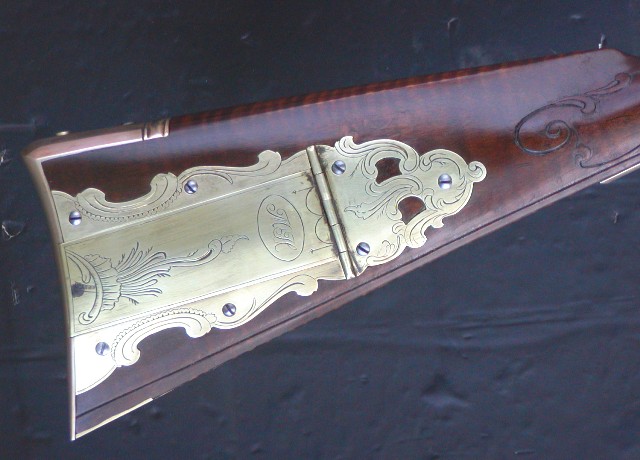
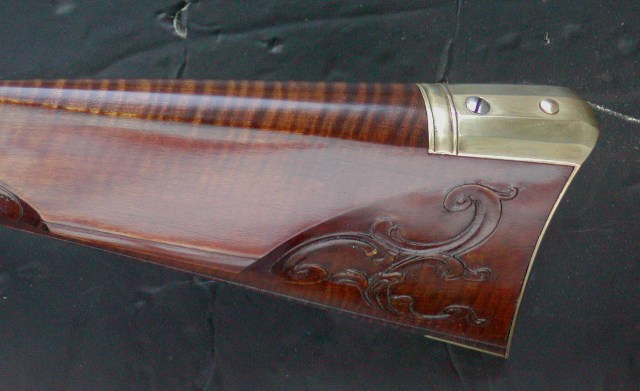
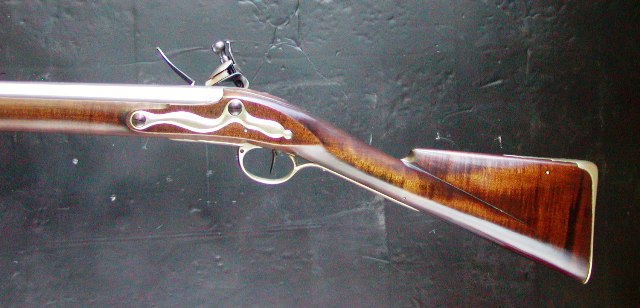
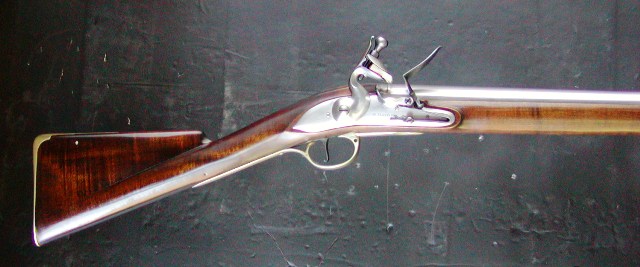
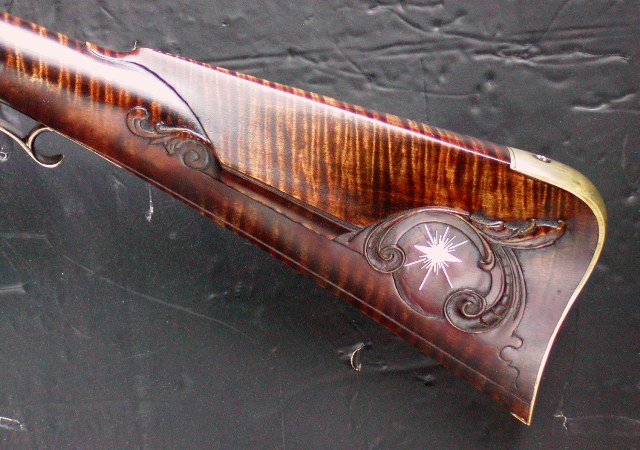
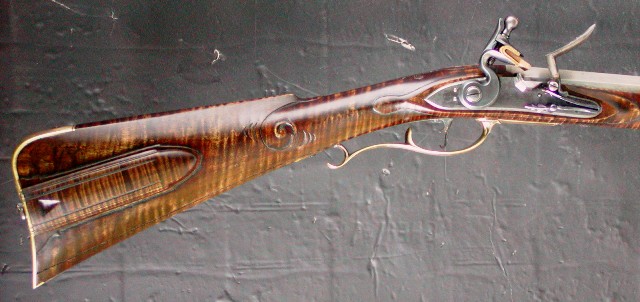
Enter your email address to join: